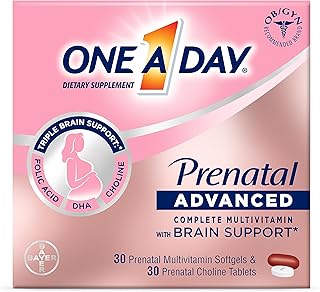The Trump administration is gearing up to make a significant announcement regarding the potential link between Tylenol, known as paracetamol internationally, and the risk of autism in children born to pregnant women. This bombshell revelation has sparked reactions from various stakeholders, including the drug’s manufacturer, Kenvue Inc., which vehemently denies the expected claims.
Reports suggest that the administration is also exploring the use of the drug leucovorin for autism treatment. While medical guidelines currently endorse Tylenol’s safety for pregnant women, the impending announcement has stirred anticipation and speculation within the healthcare community.
President Trump’s allusion to addressing autism during a public event hinted at the upcoming announcement. The administration’s plan to delve into the potential Tylenol-autism connection has garnered attention, especially with Health Secretary Robert F. Kennedy Jr. reportedly considering the association between Tylenol use in pregnancy and autism spectrum disorder.
In response to the US report, Australia’s Therapeutic Goods Administration (TGA) issued a statement clarifying its stance on the matter. The TGA emphasized that it is not currently investigating any link between paracetamol and autism, reinforcing the drug’s safety classification for use during pregnancy in Australia.
The TGA’s rigorous evaluation process for medications used in pregnancy underscores its commitment to ensuring the safety and efficacy of approved drugs. The TGA conducts ongoing surveillance to monitor adverse events and promptly address any emerging safety concerns related to medications, including paracetamol.
While the US market labels the drug as Tylenol, it is synonymous with paracetamol, a common pain reliever known globally. The distinctions in branding and packaging between countries underscore the regulatory variances in drug distribution and consumption patterns.
As the Trump administration prepares to unveil its findings, the debate surrounding the purported link between Tylenol and autism intensifies. Industry experts and healthcare professionals are closely monitoring these developments, awaiting further insights into the potential implications of Tylenol use during pregnancy.
Despite conflicting studies on the association between acetaminophen exposure and autism spectrum disorder, the consensus remains elusive. While some research suggests a correlation, others, including a large-scale study in Sweden, have not found conclusive evidence to support this claim.
Kenvue, the manufacturer of Tylenol, has staunchly defended its product, citing scientific evidence that refutes any causal relationship between acetaminophen and autism. The company’s response underscores the complexities of navigating public health narratives and scientific evidence in shaping drug policies and regulations.
As the healthcare landscape grapples with evolving research and regulatory dynamics, the impending announcement by the Trump administration signals a pivotal moment in the discourse surrounding Tylenol, pregnancy, and autism. The intersection of science, policy, and public health underscores the multifaceted considerations at play in addressing complex medical issues.
📰 Related Articles
- Trump Tax Bill Raises Concerns Over Education Inequality Impact
- Trump Family’s American Bitcoin Merger Raises Ethical Concerns
- Trump Administration Threatens International Student Experience at Harvard
- Trump Administration Revokes Chinese Student Visas Amid Tensions
- Trump Administration Reverts Army Base Names, Honoring New Heroes






